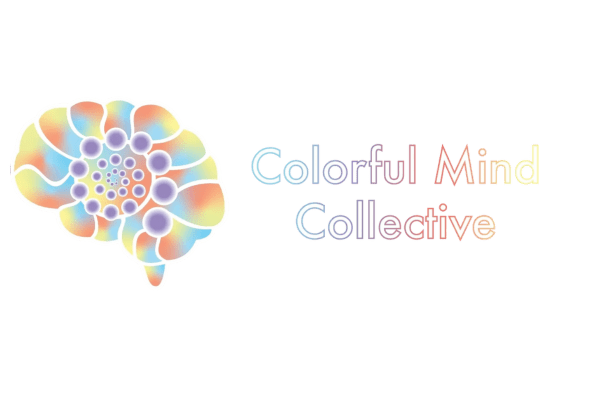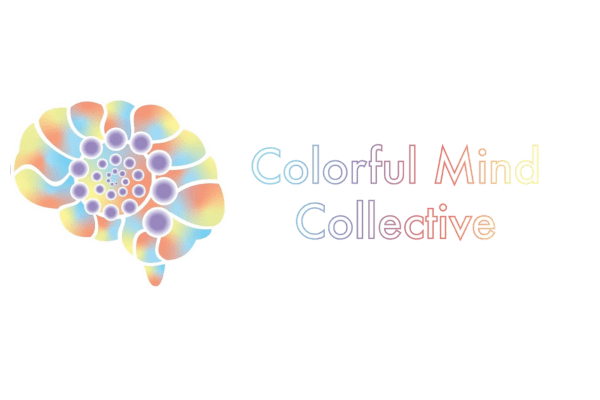The Labyrinth of Mental Health Treatment: A Quest for Self-Discovery
Alberto Valle
July 1st, 2023
In the intricate world of mental health treatment, the search for the correct form of care becomes an odyssey of self-discovery. It is a journey that millions undertake, seeking solace and restoration from the depths of despair. In this modern era, as we navigate the complexities of the human mind, let us embark on an exploration of the various avenues of treatment available to us. From the realm of psychotherapy to the realm of alternative medicine, I invite you to join me on a pilgrimage toward understanding, as we unveil the nuances of each therapeutic path. With the proper guidance we shall navigate this labyrinth with compassion, insight, and empathy.
Defining the Pathways to Healing
Before embarking on our journey, let us illuminate the various paths that lead to mental health healing. In the realm of psychotherapy, a myriad of approaches unfolds. Cognitive Behavioral Therapy (CBT) empowers individuals to reframe negative thoughts, while Dialectical Behavioral Therapy (DBT) provides tools to regulate emotions and cultivate mindfulness. Psychodynamic Therapy delves into the depths of the unconscious, exploring the intricacies of one’s past experiences. Meanwhile, Trauma Therapy offers a sanctuary for healing the wounds inflicted by painful events. Interpersonal Therapy focuses on enhancing relationships and improving social interactions, while Solution-Focused Brief Therapy (SFBT) guides individuals toward their desired future, tapping into their strengths and resources. Each of these modalities carries its own unique essence, offering a pathway to self-discovery and growth.
Beyond the realms of traditional therapy, we encounter other forms of treatment. Medication plays a crucial role in stabilizing and managing symptoms, allowing individuals to regain balance and function. Case Management offers comprehensive support, guiding individuals through the maze of mental health resources and services. Hospitalization provides intensive care for acute crises, creating a safe space for stabilization and treatment. Support groups foster a sense of community, connecting individuals who share similar struggles and providing a platform for shared experiences and empathy. Complementary & Alternative Medicine invites exploration of diverse practices such as yoga, meditation, acupuncture, and herbal remedies, seeking to harmonize the mind, body, and spirit.
Unveiling the Therapeutic Canvases
In our quest for healing, we encounter therapeutic treatments that transcend traditional boundaries. Art Therapy becomes a sanctuary for self-expression, where the colors, shapes, and textures of one’s creations unlock profound insights and emotions. Music Therapy, like a melodic symphony, taps into the soul’s harmonies, facilitating emotional release, and facilitating healing. Peer Support, through the lived experiences of individuals who have walked similar paths, creates a web of understanding, empathy, and shared resilience. Self-Help Plans empower individuals to take an active role in their healing journey, developing personalized strategies and tools for well-being. And emerging on the horizon, we find Ketamine Assisted Psychotherapy (KAP), a promising approach that combines the benefits of psychotherapy with the transformative potential of ketamine, offering new possibilities for those who have not found relief with traditional treatments.
Choosing Your Path: A Personal Pilgrimage
As we navigate this labyrinth, it is essential to approach the quest for mental health treatment with empathy, self-compassion, and self-reflection. Reflect upon your needs, values, and preferences, for each person’s journey is as unique as their fingerprints. Seek guidance from mental health professionals, trusted loved ones, and the resources provided by experts. Engage in open and honest conversations, for it is through dialogue that the path becomes clearer. Trust your intuition, as it whispers the language of your heart, guiding you toward the treatment that resonates most profoundly with your being.
Remember that this journey is not linear; it is a dynamic process of exploration and adaptation. Allow yourself the space to evolve, to try different approaches, and to recalibrate when necessary. Embrace the lessons and growth that come with each step, for it is through the trials and tribulations that resilience is forged.
In the depths of your being, you hold the power to navigate this labyrinth and discover the path that leads to your own healing and transformation. Be patient, be gentle with yourself, and be open to the possibilities that lie ahead. And as you embark on this pilgrimage, know that you are never alone. There is a vast network of support, understanding, and compassion that surrounds you. Reach out, share your journey, and find solace in the company of fellow travelers.
In the realm of mental health treatment, the journey toward choosing the correct form of care is a profound odyssey of self-discovery and growth. As we navigate the complex pathways, may we approach this quest with empathy, self-compassion, and a spirit of adventure. The wisdom of experts and the insights gained from our own introspection will guide us along the way. Embrace the power of choice, for within it lies the potential to uncover the treatment that resonates most deeply with your unique soul. With each step, may you find solace, healing, and the strength to navigate the labyrinth of mental health with grace and resilience.
References
Madeson, M. (2021, July 20). Different Types of Therapy: Choosing the Right Treatment. Retrieved from [https://positivepsychology.com/types-of-therapies/]
Mental Health CTR. (2021, March 31). 9 Types of Mental Health Therapy. Retrieved from [https://www.mentalhealthctr.com/9-types-of-mental-health-therapy/]
Mental Health America. (n.d.). Mental Health Treatments. Retrieved from https://www.mhanational.org/mental-health-treatments
American Psychological Association. (n.d.). Medication or Therapy for PTSD? Retrieved from https://www.apa.org/ptsd-guideline/patients-and-families/medication-or-therapy
Kivelitz L, Härter M, Mohr J, Melchior H, Goetzmann L, Warnke MH, Kleinschmidt S, Dirmaier J. Choosing the appropriate treatment setting: which information and decision-making needs do adult inpatients with mental disorders have? A qualitative interview study. Patient Prefer Adherence. 2018 May 15;12:823-833. doi: 10.2147/PPA.S164160. PMID: 29805250; PMCID: PMC5960250.
Howley, E. K. (2022, July 25). Types of Therapy: Choosing the Right One for You. Retrieved from [https://health.usnews.com/health-care/patient-advice/articles/types-of-therapy]
Share Your Story!

